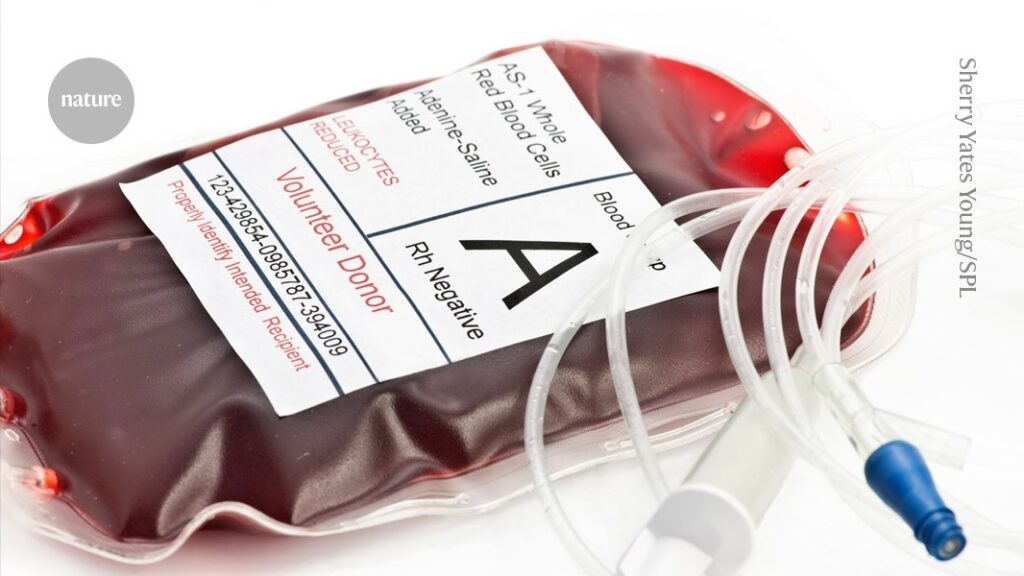Researchers converted a kidney with type-A blood to type-O.Credit: Sherry Yates Young/Science Photo Library
Scientists have converted the blood type of a donor kidney and transplanted the organ into a person. The procedure — the first of its kind — could improve access to donor organs, specialists say, because the blood type of the donor would no longer matter.
Currently, organs from deceased donors can be transplanted into people only if they have a compatible blood type. This is because the recipient’s immune system can produce antibodies to attack and destroy the donated organ if the donor and recipient have different antigens, which come in two types: A and B. Organs that are blood type O do not have A or B antigens, so anyone can receive them.
Researchers from Canada and China used an enzyme to remove type-A antigens from a donor kidney1. The enzyme converts type-A blood into type-O, says study author Stephen Withers, a chemist at the University of British Columbia in Vancouver, Canada. The type-O kidney was then transplanted into a 68-year-old brain-dead man in Chongqing, China. The organ remained healthy for two days before showing signs of rejection. It produced urine for six days. The results are published in Nature Biomedical Engineering today.
The enzyme was first identified in 2019 by some members of the same team2. In 2022, they showed that a type-A lung could be converted into a type-O one3, although the organ wasn’t transplanted into a person.
The results are groundbreaking, says Natasha Rogers, a transplant clinician at Westmead Hospital in Sydney, Australia. They could improve access to donor organs and reduce transplant wait lists. If the blood type of the organ was no longer a barrier for transplantation, physicians could focus on things such as matching other antigens unrelated to blood type, which are important in terms of how long a transplant will last, she adds

